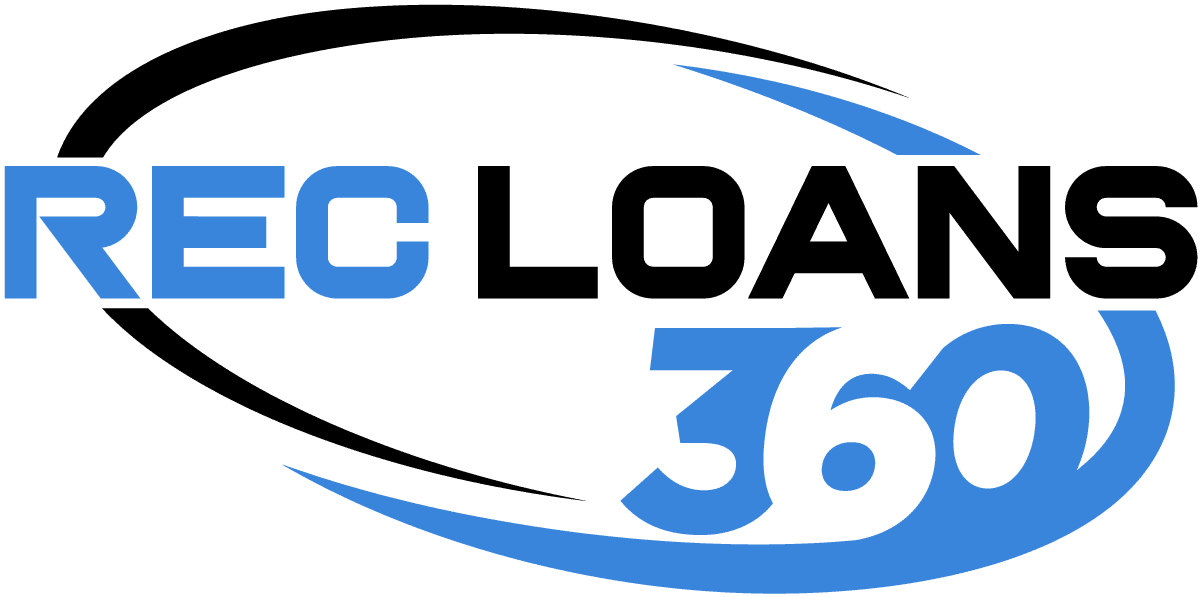Embarking on the journey to own an RV is like setting sail on uncharted waters—exciting yet filled with important decisions. Whether you’re a first-time owner or full-time RVer, before you hit the open road, you must pause and reflect on several key questions to ensure your adventure is smooth and enjoyable.
1. What’s My Financial Landscape?
Imagine planning a cross-country trip without checking your fuel gauge; that’s akin to financing an RV without assessing your financial health. Begin by evaluating your credit score, as it is pivotal in securing favorable loan terms. Lenders scrutinize your credit history to determine your reliability in repaying the loan. A higher credit score often translates to lower interest rates, making your journey more affordable.
Beyond boosting your credit score, it’s important to consider your debt-to-income ratio. Lenders want to see that your monthly obligations, including an RV loan, won’t stretch your finances too thin. Looking closely at your current debts and income helps you determine how comfortably an RV payment fits into your budget. The goal isn’t just getting approved—it’s ensuring you can enjoy your new RV without financial stress weighing you down.
2. Should I Opt for a New or Used RV?
This decision mirrors choosing between a brand-new car and a classic model. New RVs offer the latest features, updated technology, and manufacturer warranties. However, they also have a steep depreciation curve, meaning they lose value quickly in the first few years. If you’re looking for the thrill of that new RV smell and the security of knowing you’re its first owner, this might be the route for you.
On the other hand, used RVs can be a fantastic way to stretch your budget. Since they’ve already absorbed much of their depreciation, you may find a well-maintained, lightly used model at a significantly lower price. However, used RVs require careful inspection. If possible, have a trusted mechanic look it over to avoid unexpected repair costs. Your choice ultimately depends on your budget, risk tolerance, and how long you plan to keep the RV.
3. What Are the Total Costs Involved?
Owning an RV is much more than just making monthly loan payments. It’s more like owning a second home, with maintenance, insurance, and storage to consider. Insurance rates vary based on the type of RV, its age, and your driving record. Shopping around for quotes can help you find coverage that fits your budget without unnecessary extras.
Regular maintenance is another ongoing expense. From oil changes to roof resealing, an RV requires consistent care to stay road-ready. Older models might need more frequent repairs, so if you’re buying used, factor in potential upkeep costs.
Then there’s storage. If you don’t have space at home, you may need to rent a storage facility, especially in areas with strict HOA rules or harsh winters. Speaking of winter, cold climates require proper winterization to prevent expensive damage. And of course, fuel costs add up quickly. Depending on your travel plans, the cost of gas or diesel should be part of your financial roadmap.
4. Where Should I Secure Financing?
Just as you wouldn’t buy an RV from the first lot you visit, it’s wise to explore different financing options before committing.
For those who want a more specialized approach, Rec Loans 360 can connect you with multiple lenders to find the best loan for your situation. Our team of experts understands the nuances of RV loans, which differ from auto loans and can help you easily navigate the application process. Comparing offers from multiple sources ensures you get favorable terms without overpaying in interest.
5. How Will I Use My RV?
Your RV dreams will shape your financing needs more than you might think. If you plan to live in your RV full-time, you’ll need one with full amenities, ample storage, and durable construction. Some lenders have specific rules about financing full-time RV living, so confirming your plans align with the loan terms is essential.
If weekend getaways are more your style, a smaller, more economical RV may be the smarter choice. A compact camper or Class B motorhome is easier to drive, park, and maintain while still offering the freedom of the open road. For those with a thirst for adventure, off-grid features like solar panels and extra water storage become essential. Understanding your travel style helps you invest in the right RV for your lifestyle, preventing regret down the road.
6. What Are the Loan Terms and Conditions?
Before signing on the dotted line, take a close look at the details of your loan agreement. Interest rates may seem like small numbers, but even a fraction of a percentage point can make a substantial difference over time. A longer loan term can mean lower monthly payments, but it also means paying more in interest in the long run.
Some lenders include prepayment penalties, meaning you’d be charged a fee for paying off your loan early. If you plan to make extra payments when possible, look for a loan without this restriction. Also, consider the down payment required—putting more down upfront can reduce your monthly payments and the total amount of interest you’ll pay over the life of the loan. The more you understand your loan agreement, the better positioned you’ll be to make financially sound decisions.
7. Have I Accounted for Depreciation?
RVs depreciate over time, much like cars, but often at a faster rate. Being aware of this helps you plan for the future. If you want to upgrade in a few years, a used RV might be a better investment since it has already undergone its steepest depreciation.
This also ties into financing. If your loan amount exceeds the RV’s value due to depreciation, you could owe more than it’s worth, a situation known as being “upside down” on your loan. Choosing a loan with a reasonable term and making a sizable down payment can help prevent this issue.
8. Am I Prepared for the Responsibility?
RV ownership is a lifestyle commitment. Beyond the financial aspects, consider whether you’re comfortable handling an RV on the road. Larger motorhomes and fifth wheels require special maneuvering, parking, and maintaining skills. Driving an RV isn’t difficult, but it does take practice, especially when dealing with tight turns, reversing, and navigating traffic.
Regular maintenance is another key responsibility. Are you handy enough to handle minor repairs yourself, or will you need to rely on service centers? Some RVers enjoy tinkering with their rigs, while others prefer the convenience of professional maintenance.
Lastly, consider how this purchase fits into your long-term plans. Will your travel habits change in a few years? Is this a short-term adventure, or do you see yourself in an RV for the long haul? Honest answers to these questions will help ensure that your RV investment enhances your life rather than complicating it.
Finance an RV for Spring Easily, With Rec Loans 360
Financing an RV is a significant decision, much like charting a course for a long journey. By asking yourself these questions and reflecting on your answers, you equip yourself with the knowledge to make informed choices. The open road is best enjoyed when you’re confident in the vehicle that carries you.
At Rec Loans 360, we want to see our clients have safe and fun travel year-round, but we know it all starts with the right financing options. We make financing a breeze and offer you a completely online experience that is safe, simple, and secure. Ready to connect with our nationwide lending partners? Contact us today to start the process!


